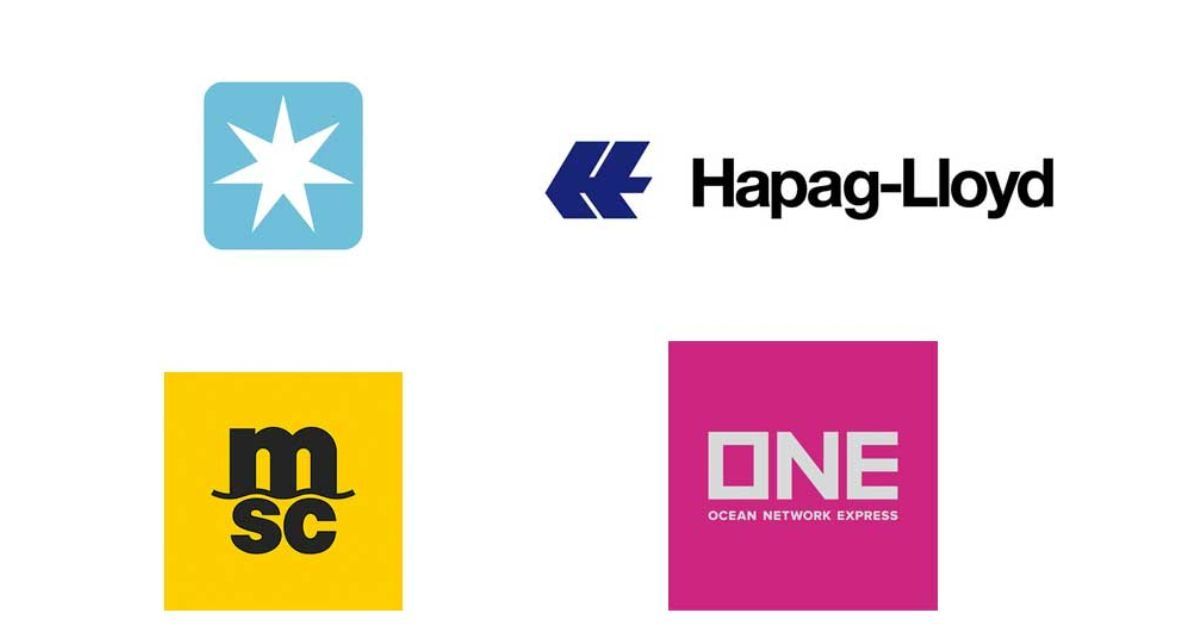In an attempt to further streamline global shipping, the Digital Container Shipping Association (DCSA) has announced plans to establish an interoperability platform. DCSA is a non-profit group and will be introducing an electronic bill of lading (eBL) platform that will further digitalise and standardise container shipping. DCSA member carriers include: MSC, Maersk, CMA CGM, Hapag-Lloyd, ONE, Evergreen, Yang Ming, HMM and ZIM.
It says an interoperable eBL system will enable shippers to choose an eBL provider based on service levels and capabilities, while maintaining the ability to exchange electronic documentation with carriers, banks and other parties that may use different platforms.
In conjunction with its nine member carriers, the DCSA is now moving forward to a proof of concept (PoC) stage. The PoC will be conducted in conjunction with CargoX, edoxOnline and EssDocs, among others. The companies will test eBL interoperability using data that mirrors a live shipment.
DSCA standards set to streamline container shipping
Previously, the DCSA had released standards for eBL data formats and interfaces. Upon completion of the PoC, these standards will be released and free to download for any platform provider to incorporate into their eBL solutions. to ensure interoperability with DCSA standards-based eBLs.
Successful completion of the PoC is expected before the end of 2022. The DCSA is also working to address the legal framework needed between solution providers to enable cross-platform eBL transfer.
Such standards are designed to enable faster eBL adoption and to reduce reliance on paper documents.
Thomas Bagge, CEO of DCSA, said: “For the global supply chain, fully interoperable eBL is a starting point for digital trade. It will make today’s practices more efficient, reliable and sustainable, and ultimately will provide a foundation for further digitalisation.
“For service providers, it will remove barriers to adoption and create an operational foundation that fosters innovation and collaboration. According to our year-end 2021 research, fewer than 1.2% of all bills of lading were electronic. We urge all industry stakeholders to get involved and be part of the movement to work towards 100% eBL adoption.”
“Collaborating with DCSA and industry stakeholders to standardise paperless bills of lading and facilitate interoperability is an important part of the work we do,” said Stefan Kukman, CargoX CEO. “eBL will bring countless benefits to the industry including greater sustainability and efficiency. With our platform for blockchain document transfer, eBLs are smarter and more secure than paper-based alternatives.”
Digital documents key to efficient international trade
edoxOnline CEO Alejandro Pernias said: “The digitalisation of international trade processes and documents is our core business. We are committed to working with DCSA to help further adoption of digital documents in international trade.
“Having a standardised framework that ensures interoperability will help the industry provide a better customer experience while reducing paper and carbon footprint.”
ExxonMobil Global Strategy Manager Georgios Diallas said: “ExxonMobil believes that digitisation enhances both customer experience and efficiency and sees value in adopting and scaling eBL solutions in the near term. “For an eBL system to be effective, and we applaud DCSA and its members for publishing standards to enable interoperability. We encourage all eBL platform providers to help fast track eBL adoption by embracing DCSA standards.”







